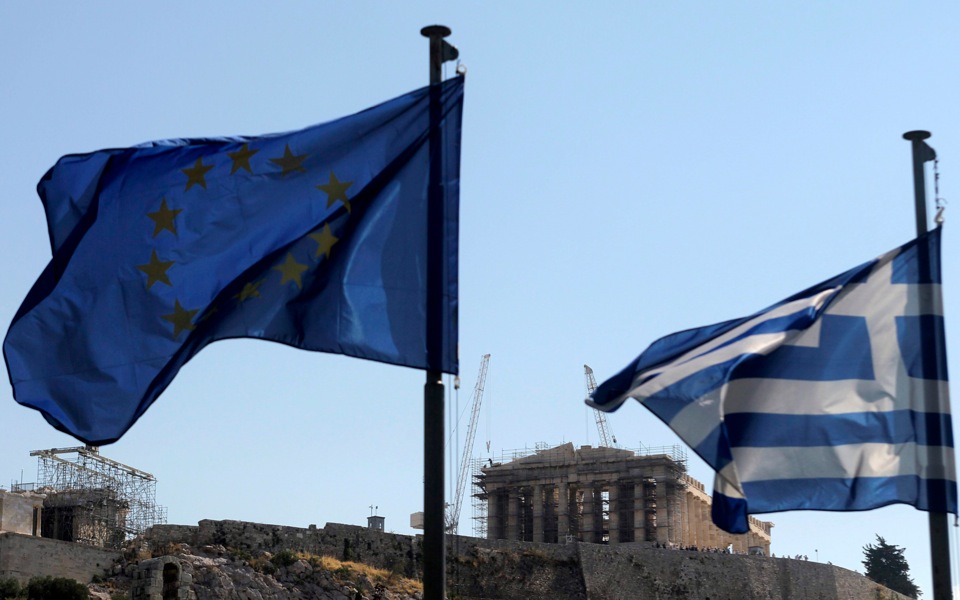The war and our fears

The Russian invasion of Ukraine has encouraged citizens of European Union countries to give massive support to the formation of a common security and defense policy. We Greeks are in full agreement with our partners on this (82 percent and 81 percent, respectively) and on providing support to Ukraine.
Where we differ significantly is the extent of our fear that the economy might be affected by the war, according to the Eurobarometer survey “Key Challenges of our Time – The EU in 2022,” which was made public on Wednesday.
Whereas for the EU average, “defense and security” is the priority, with 34 percent saying this (in Greece it is 28 percent), “dealing with the current economic situation in the EU” is the Greeks’ top priority (45 percent, as opposed to the 24 percent EU average).
Also, for the Greeks, the second most important issue is “fighting unemployment in the EU” (43 percent, with the EU average at 21 percent).
As Greece has suffered from many years of economic crisis, and unemployment is at 12.5 percent (in March), it is natural that we should be afraid of whatever might derail a recovery or bring new problems. So, Greeks are more worried than the average EU citizen that the war in Ukraine may cause a “major economic crisis” (55 percent, with the average at 31 percent).
For the EU as a whole, the greatest danger is “a nuclear war” (35 percent, with 21 percent in Greece) and the threat of the war spreading to more countries (34 percent, with 30 percent in Greece). Also, for Greeks, higher prices and inflation are the second largest concern (34 percent, with the average at 29 percent).
Apart from the overwhelming majority of Greeks agreeing with the need for a common defense policy, a significant finding is that although most agree with particular measures taken to support Ukraine (with which Greece is in full alignment), a large percentage is not satisfied by the handling of the Russian invasion by the EU (52 percent) and by the Greek government (58 percent).
It appears that concerns over the economic fallout from the war determine the Greeks’ position to such an extent that we can disapprove of policies for which we expressed support, judging by the result and by our fears rather than by the need for urgent action.





